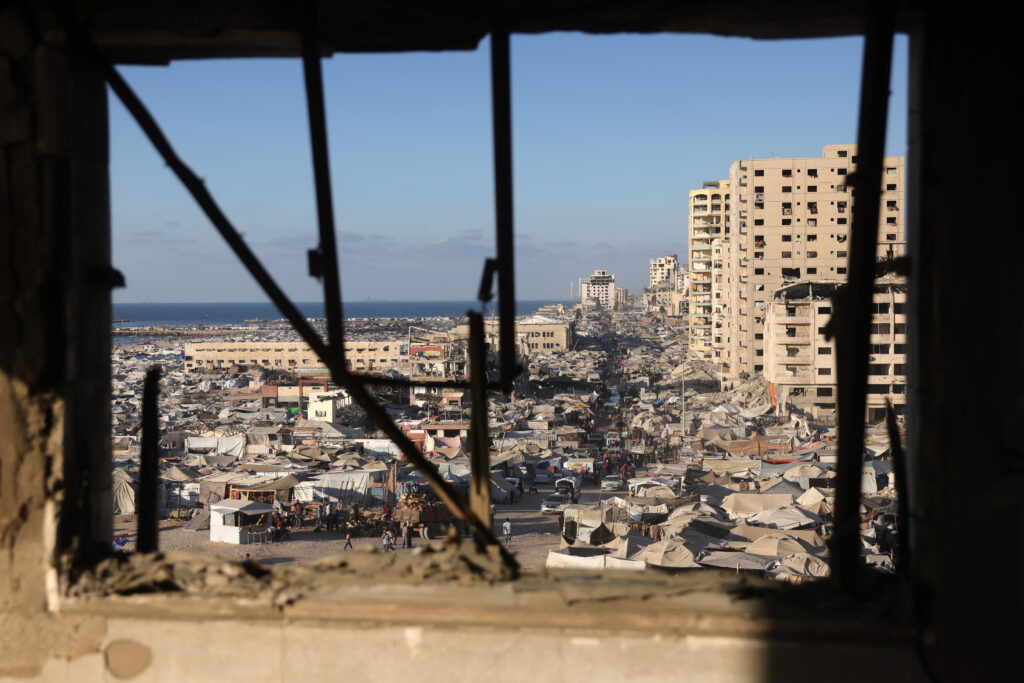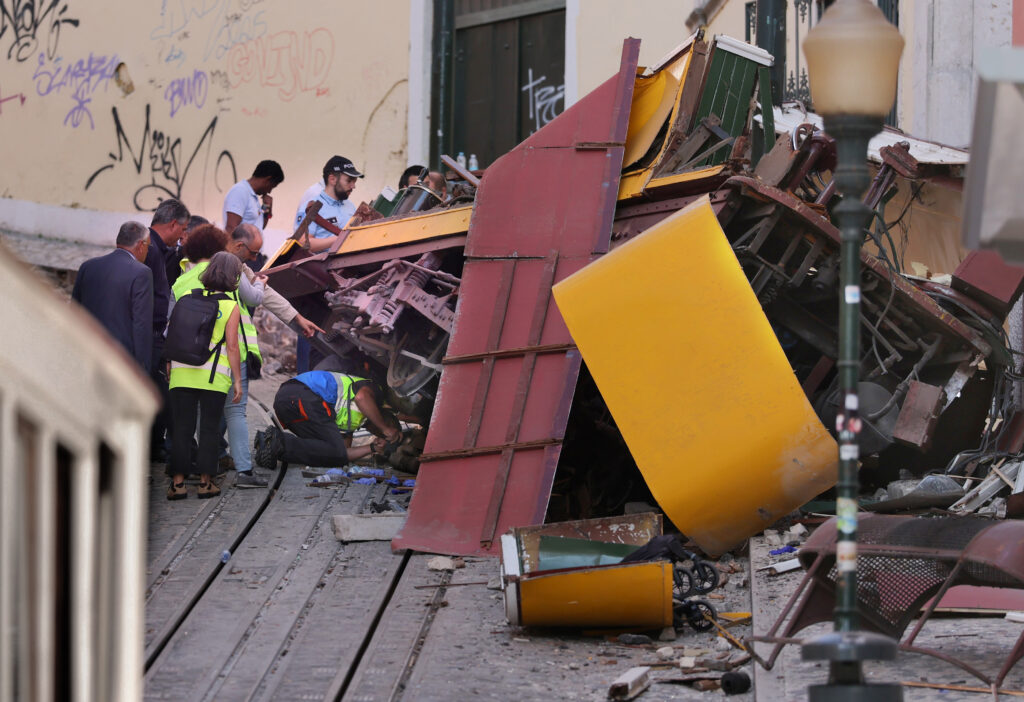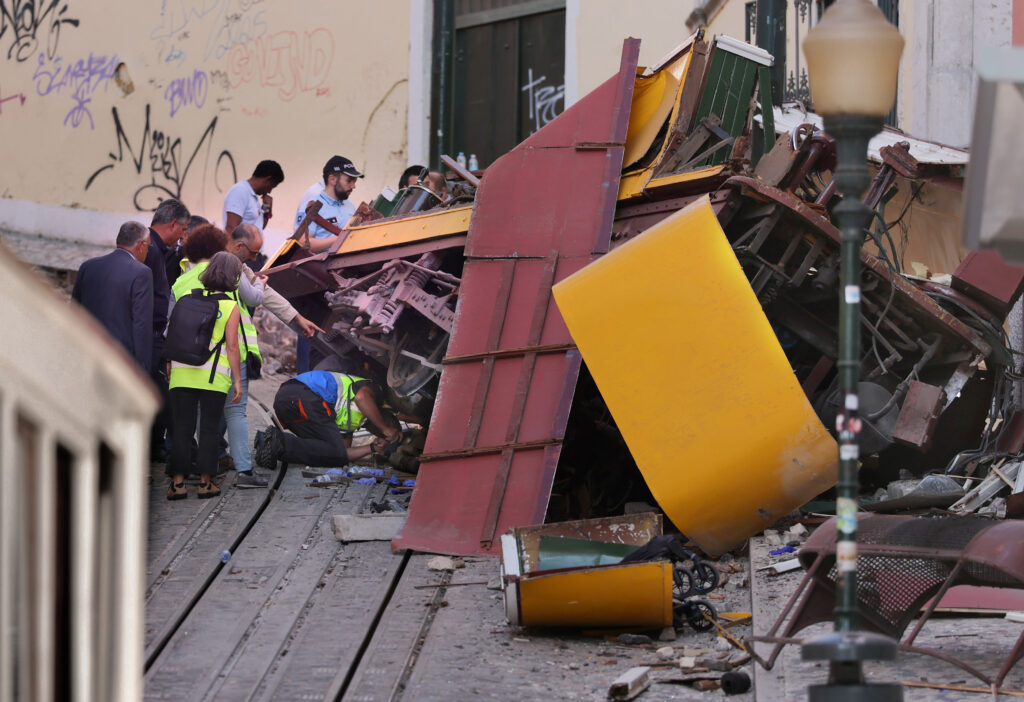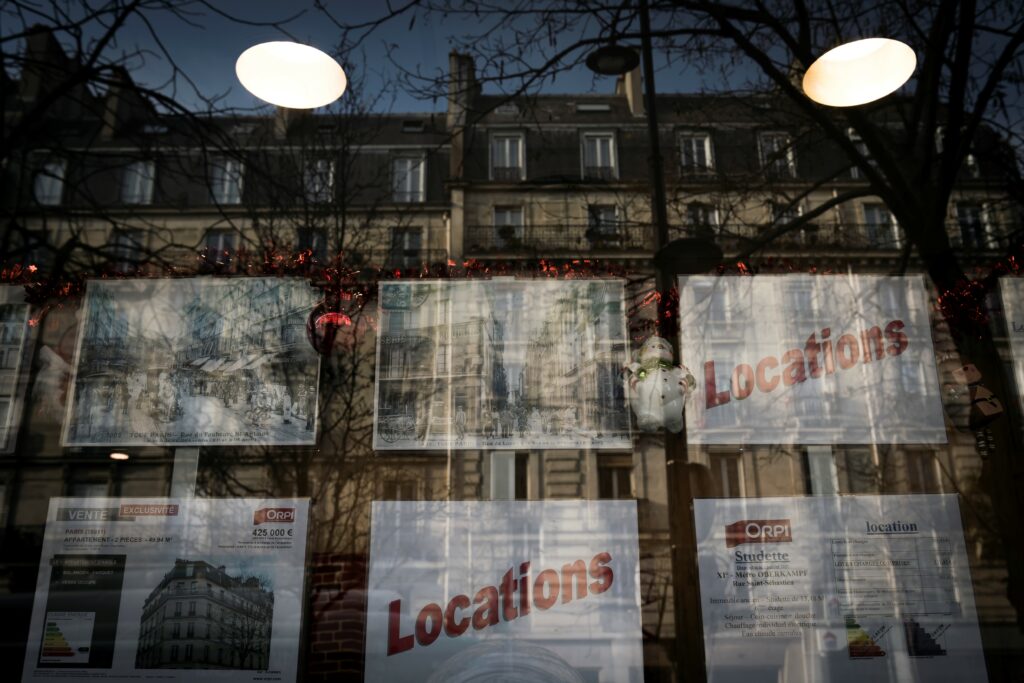Le bilan du séisme en Afghanistan bondit à plus de 2.200 morts
Le séisme de magnitude 6 qui a frappé dimanche soir l’Afghanistan a fait plus de 2.200 morts, selon le bilan actualisé jeudi par les autorités talibanes qui fait de loin de ce tremblement de terre le plus meurtrier de l’histoire récente du pays.Dans les villages à flanc de montagne de la province de Kounar, celle qui compte la quasi-totalité des morts et des près de 4.000 blessés, éboulements et glissements de terrain compliquent toujours l’accès.Depuis quatre jours, des milliers de familles pauvres et désormais sans-abris sous la pluie disent attendre les secouristes et les autorités censées organiser l’après-séisme dans ces provinces orientales reculées.Là, à la lisière du Pakistan, la terre continue de trembler régulièrement, réveillant les traumatismes d’habitants qui tentent encore de compter leurs morts et espèrent voir atterrir l’un des hélicoptères du ministère de la Défense, pour envoyer les blessés vers la grande ville de Jalalabad.”Il nous faut des tentes, de l’eau, de la nourriture et des médicaments en urgence”, lance à l’AFP Zahir Khan Safi, agriculteur de 48 ans dans le village dévasté de Mazar Dara.Installé dans un champ avec des centaines de familles, dans le village où plus aucune toilette n’est accessible, il raconte comment les hommes sont obligés de s’éloigner pour se soulager. “Les femmes attendent la nuit pour y aller”, sans être vues, poursuit-il.Le tremblement de terre, le plus meurtrier de l’histoire récente de l’Afghanistan a détruit 7.000 maisons dans les provinces de Kounar, de Laghman et de Nangarhar.Le bilan pourrait encore croître car “des centaines de corps ont été retrouvés dans les maisons détruites” au cours d'”opérations de recherche et de secours qui continuent”, prévient Hamdullah Fitrat, porte-parole adjoint du gouvernement.- Jour et nuit dans les champs -Les chances de retrouver des survivants en revanche “s’amenuisent rapidement”, estime l’Organisation mondiale de la Santé (OMS), notant que “des pluies ont encore aggravé” la situation.Les autorités talibanes, déjà confrontées à des séismes dévastateurs en 2022 et 2023, préviennent qu’elles ne pourront pas faire face seules.Pour l’ONU et les ONG, le séisme, suivi de six fortes répliques, arrive “au pire moment”. Elles ont été forcées depuis le début de l’année de réduire leur assistance aux Afghans en raison des coupes dans l’aide internationale.L’OMS, qui a alerté sur le risque d’épidémies, a lancé un nouvel appel de fonds de quatre millions de dollars pour répondre aux besoins “immenses” après le séisme, tandis que l’ONU a déjà débloqué cinq millions de dollars.Dans l’immédiat, “certains villages n’ont toujours pas reçu d’aide”, rapporte à l’AFP Ijaz Ulhaq Yaad, un haut fonctionnaire du district de Nourgal à Kounar.”On a peur, il y a eu beaucoup de répliques”, témoigne Awrangzeeb Nouri, 35 ans, dans son village de Dara-i-Nur, dans la province de Nangarhar. “On passe le jour et la nuit dans des champs, on a quitté nos maisons” — qui, pour celles encore debout, menacent de s’écrouler à tout moment.- “Une crise après l’autre” -“Le tremblement de terre devrait être un rappel brutal que l’Afghanistan, confronté à une crise après l’autre, ne peut être laissé seul”, a estimé le Conseil norvégien pour les réfugiés (NRC), appelant les donateurs à se mobiliser.Et pourtant, au moment même où la terre tremblait en Afghanistan, le Pakistan voisin accélérait sa campagne d’expulsions de migrants afghans.Depuis lundi, le pays a poussé au départ des milliers d’Afghans porteurs de cartes de réfugiés de l’ONU censées les protéger, ont rapporté à l’AFP des responsables des deux côtés de la frontière.Déjà, selon l’OMS, 270.000 Afghans récemment rentrés dans leur pays — du Pakistan ou d’Iran, également décidé à expulser les Afghans — ont été affectés par le séisme.L’ONU a appelé le Pakistan à suspendre les expulsions.Depuis 1900, le nord-est de l’Afghanistan, à la jonction des plaques tectoniques eurasienne et indienne, a connu 12 séismes d’une magnitude supérieure à 7, selon Brian Baptie, sismologue au British Geological Survey.








